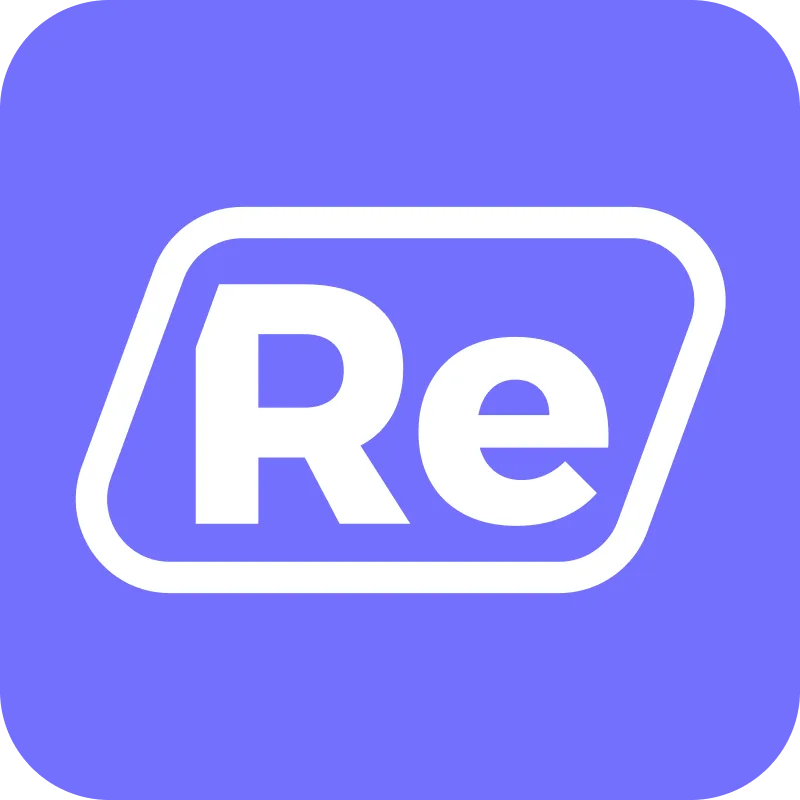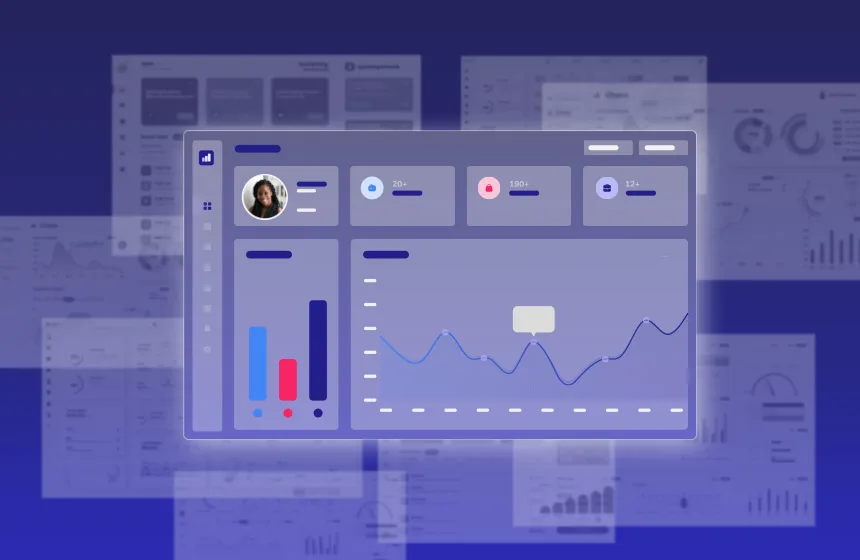Accelerate deals and increase win rates with the leading enterprise demo platform.
3 Steps to Building a Winning Business Case With Demos

January 27, 2025
Table of Contents
Sound familiar?
Either you’ve heard it, or you’ve pitched it.
But even the most killer stats are unlikely to move a buyer. Presenting generic return on investment (ROI) stats isn’t compelling. In fact, research from Gong Labs shows that presenting ROI stats in your sales process results in a 27% drop in close rates.
When it comes to building a business case for your software, specificity and timing are key. You need to use your demo as your one chance to show your prospect how your software meets their business’ needs and goals.
While it sounds simple enough, personalizing your demo to your prospect can be hard without the right preparation. Let’s take a look at three simple steps presales teams can take to help their sales team build a customized business case for every prospect.
Step 1: Build a Demo Library to Fuel Your Demo Program
The scale and velocity of demo requests can create major bottlenecks for presales teams. A recent poll of the PreSales Collective community showed that most teams find themselves either spending too much time customizing, or sharing a one-size-fits-all demo.
22% of teams build bespoke demos for each new prospect in their pipeline. If you’re among that group, you know firsthand how time-consuming that is. You also know it takes away from higher-value work that presales can be doing to influence business metrics like customer acquisition costs (CAC). Meanwhile, 44% use the same shared demo environment or demo template for every prospect. Generic demos can slow down deals, or even sink otherwise winnable opportunities. Shared environments are also a frequent source of demo fails.
These problems are why the concept of a demo program has taken off with major software brands like Shopify, Databricks, ServiceNow, and many others. A demo program helps you create a consistent and reliable set of demo templates that your sales team can use for a variety of prospects. Start your demo program by mapping out stories for your target personas. Determine the key messages that resonate most with these audiences — aligning the product story and features shown to each persona’s pain points or common industry challenges.
From there, presales can build a demo library of reusable assets organized in a way that’s intuitive for your team. Here are some of the best ways to sort your demo library:
- Use case
- Prospect pain point
- Persona
- Industry vertical
- Features or types of products
- Sales play
Why it helps build a business case: Having this demo library helps you build a business case faster and gets your team one step further toward plugging in the context and data that make your demo hyper-relevant to the prospect’s problem.
Step 2: Create a Repository of Synthetic Data for your Demos
Creating custom datasets for a production environment can be one of the most time-consuming and technically challenging parts of building a demo. In the past, engineering teams or presales teams had to create these datasets from scratch. In fact, 79% of SEs spend more than an hour a week cleaning and maintaining their demo environment, while 16% spend between 3-10 hours.
Today, creating a repository of synthetic data is much easier. AI-powered synthetic data creation uses generative AI to build and change datasets in seconds, rather than hours, days, or even weeks. You can create datasets in advance for a variety of use cases or prospect personas, and have them ready to load into a custom demo environment with a single click. If you need to build datasets on your own, AI can provide a good basis from which to start. You can save this data in the same demo library you’ve created for your demo templates.
Here’s a pro tip: Look for a demo creation platform that has custom data injection capabilities so you can load these custom datasets into the demo library template or production environment of your choice. You should have the flexibility to do both. For some companies that have stable apps with few changes, that might be a live production environment. Others may want the reliability and consistency of a self-contained demo environment.
Why it helps build a business case: Data-rich demos help sales teams tell a hyper-relevant story to the prospect without exposing actual customer data. Many software products are reliant on data to showcase their value. Using synthetic data can help illustrate your product’s user experience and value props with scenarios that resonate with the prospect.
Step 3: Organize Your Customer Success Stories
Many teams have a wealth of customer success stories, but they aren’t organized or optimized to deliver in a demo. Like custom datasets or demo templates, preparing customer stories in advance is essential to mastering demo personalization at scale.
Consider this: If you sort customer stories into the same file or organizational structure as your demo library, your sales team can quickly access them and reference them for any prospect meeting. Your prospect will be far more likely to tune in when they find out how another company in their industry improved efficiency, saved costs, or drove revenue with your product.
Why it helps build a business case: Social proof is one of the most important factors in closing a deal. Having relevant, data-backed case studies can go much further than generic ROI statistics in building a business case for your software. Pair the data with effective storytelling, comparing the customer’s challenges to the prospect’s pain points. Ask questions throughout to make your story a discussion about what resonates most with the prospect.
The Power of Specificity and Customization in a Demo
Software buyers, especially financial decision-makers like CFOs, are becoming far more skeptical about generic ROI claims from vendors. To gain traction with discerning buyers, make your demo hyper-relevant to their pain points and challenges, using relevant data and customer stories to back up your claims. Never underestimate the power of specificity and customization in building the business case for your software. An effective demo program can help you accelerate and scale this process across even the largest and most complex enterprise sales.






